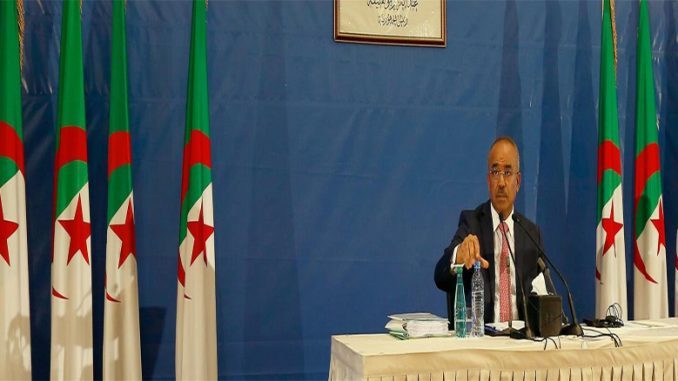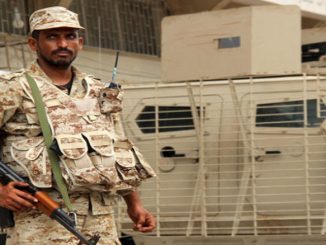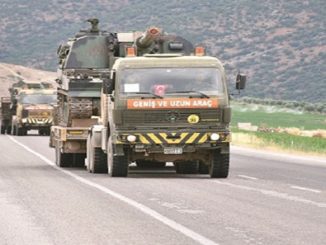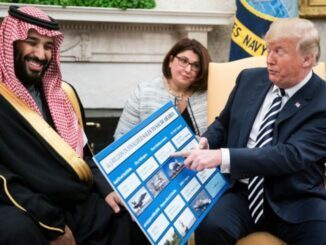
Algeria’s National Liberation Front secures majority in national assembly, but loses quarter of seats in Thursday’s vote.
The party of Algerian President Abdelaziz Bouteflika and its coalition ally have won a clear majority in parliamentary elections, according to the interior ministry.
Bouteflika’s National Liberation Front (FLN) won 164 of the national assembly’s 462 seats in a poll overshadowed by low turnout, public disillusionment over a tepid economy and allegations of political corruption.
The FLN, which has dominated the North African nation’s politics since its 1962 independence from France, lost a quarter of the seats it won in 2012 polls, according to preliminary results from Thursday’s vote announced by interior minister Nourredine Bedoui on Friday.
But the FLN preserved its majority thanks to its ally, the Rally for National Democracy (RND), which won 97 seats, up from 68 in the last election.
The Movement of Society for Peace came in third with 33 seats. The remaining seats have gone to other parties and independent groups.
It was the worst result ever for the opposition since Algeria first held multi-party elections in 1990.
The official results will be announced by the constitutional council after any appeals.
The ministry said turnout was 38 percent, down from just over 43 percent in the 2012 election.
Thursday’s vote was marked by voter disillusionment over what many see as broken government promises on the economy and a political system tainted by corruption.
Mohamed Kirat, an Algerian professor of mass communications at Qatar University, told Al Jazeera: “The voteres, especially the young ones, see that there is no change. They go they vote and still the same figures, the same political parties come again and again to power. The life standards of ordinary people remain the same.”
Officials spent weeks before the poll trying to drum up enthusiasm among electors, launching a campaign dubbed “Let your voice be heard”.
But many voters were put off by a scandal involving candidates accused of paying to have their names added to party lists.
Voters have also been put off by perceived stagnation in the political system and speculation over the health of their 80-year-old president, who has rarely been seen in public since a 2013 stroke.
Bouteflika voted from a wheelchair at a polling booth in Algiers on Thursday in what was his first appearance before the international media since he was sworn in for a fourth term in April 2014.
Algeria weathered the 2011 Arab Spring uprisings with massive spending on wages and subsidies that depleted government coffers.
But a 2014 slump in crude oil prices forced the government to raise taxes and mothball many public projects.
Today, in a country of 40 million where half the population is under 30, one young person in three is unemployed.



